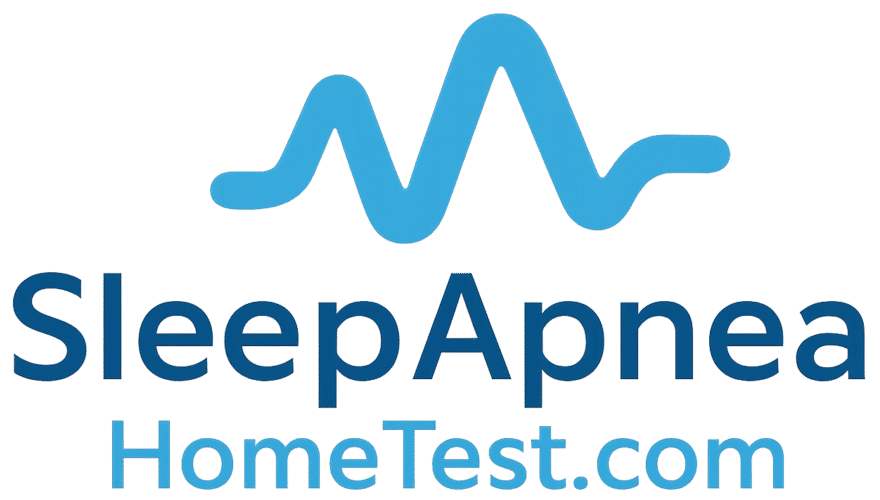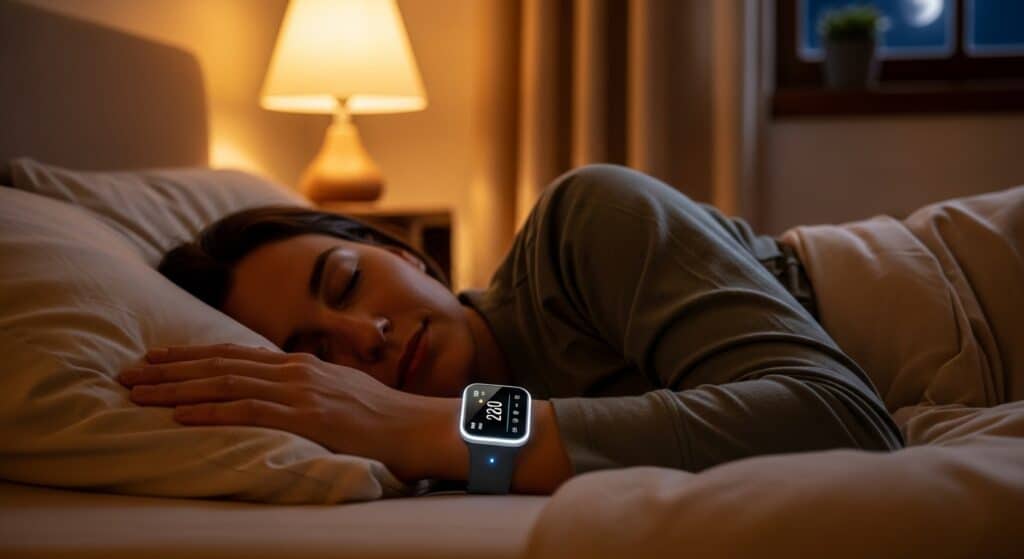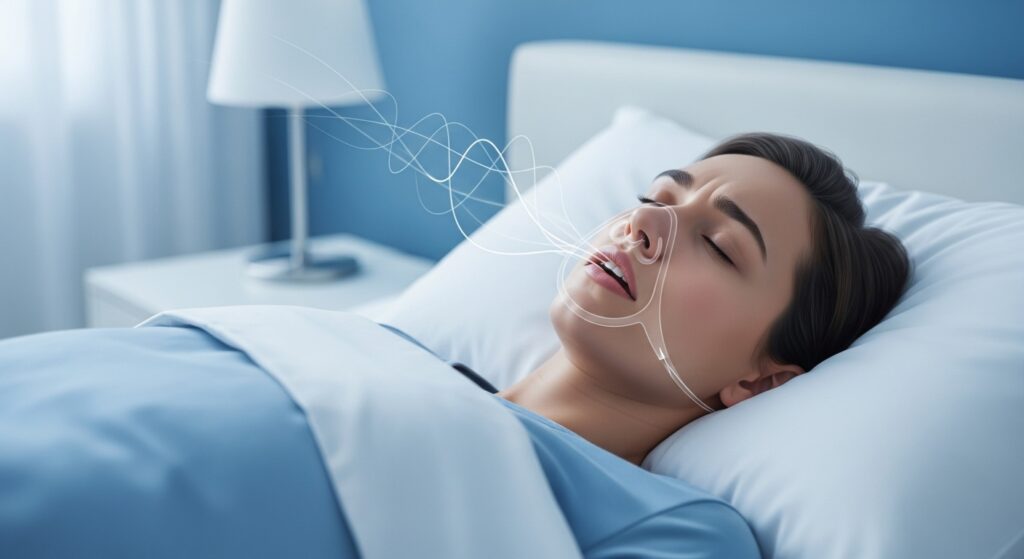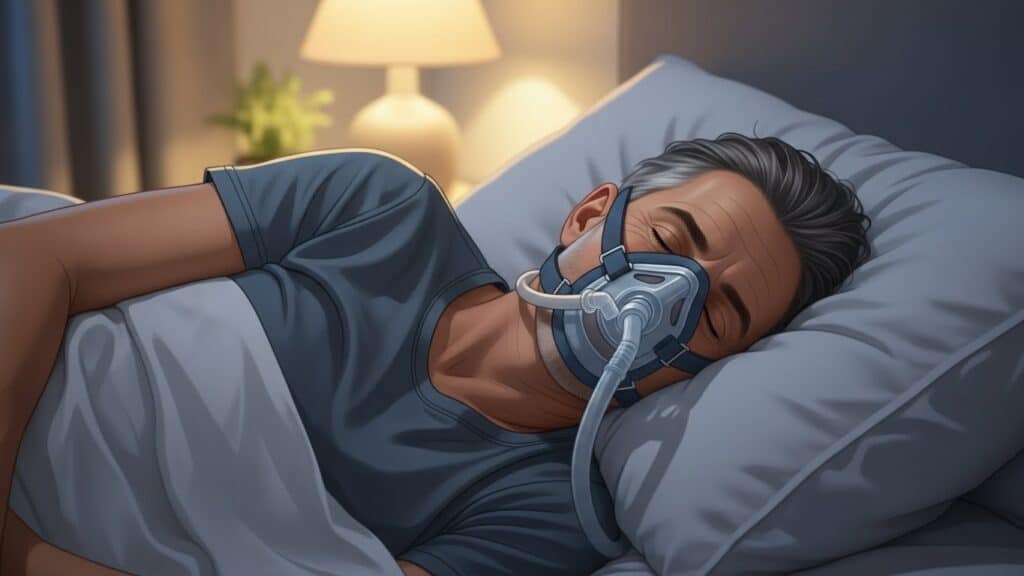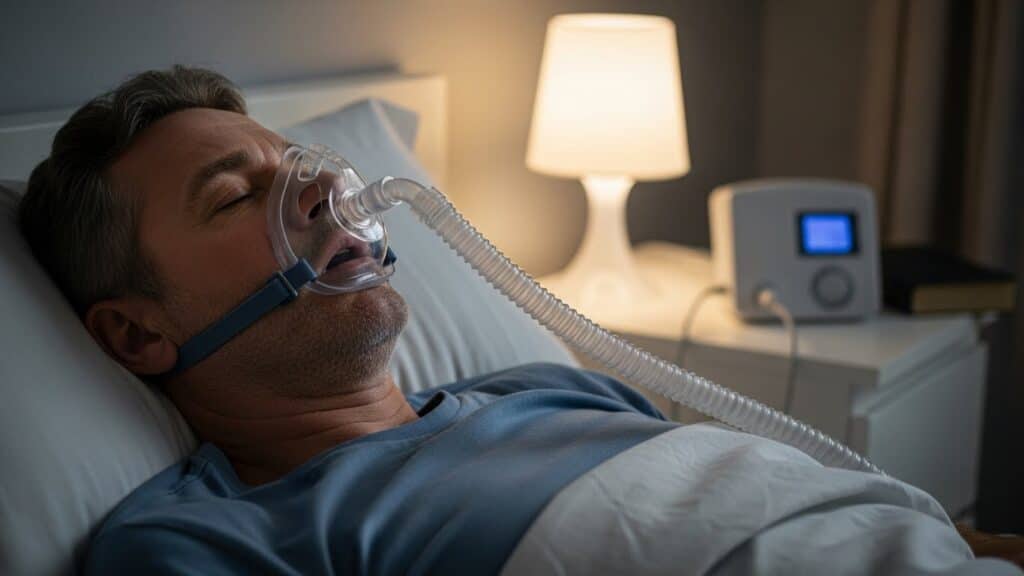Struggling through a 6 a.m. workout after just a few hours of sleep? You’re not alone. Skipping out on sleep might seem like a tradeoff for productivity, but it directly undermines what you’re trying to achieve during those early training sessions. Whether you’re lifting weights, running miles, or just trying to stay active, sleep debt can reduce your effort, results, and even increase your injury risk.
If you’re working hard and still not seeing progress, it might not be your form or your nutrition—it could be your sleep.
What Is Sleep Debt?
Sleep debt refers to the cumulative effect of not getting enough rest. Just like financial debt, the body keeps a record. For example, if you need 8 hours of sleep and only get 6, you’ve built up a 2-hour sleep debt. Skipping rest a few nights a week? That adds up fast.
Over time, this debt affects energy production, hormone balance, reaction times, and even motivation. According to the Sleep Foundation, sleep debt builds even with just small nightly deficits, and recovery isn’t always immediate.
How Sleep Loss Impacts Physical Performance
During sleep—especially deep and REM stages—your body repairs tissue, replenishes energy stores, and fine-tunes motor memory. Cutting that process short does more than just leave you groggy. It directly undermines how your body performs.
Here’s how sleep debt sabotages your morning workouts:
-
Reduced Muscle Strength and Endurance
A study in the Journal of Sports Sciences showed that sleep restriction decreases muscle power output and lowers endurance capacity. You may still show up to the gym, but your ability to lift, sprint, or cycle will drop.
-
Slower Reaction Times
Less sleep means impaired coordination, which puts athletes and everyday exercisers at greater risk for injuries. Reaction time is essential not only for competitive sports but even for navigating a treadmill safely.
-
Poor Motivation and Focus
Sleep loss affects the prefrontal cortex, which controls motivation and decision-making. That means you’re more likely to skip reps, shorten your session, or give up early.
Hormonal Chaos: Cortisol, Testosterone, and Recovery
When you skimp on sleep, your hormone levels shift dramatically—especially the ones responsible for recovery and muscle building.
- Cortisol, a stress hormone, increases with sleep deprivation. Chronic cortisol elevation can break down muscle tissue and promote fat storage.
- Testosterone, essential for muscle growth, drops when you’re sleep deprived. According to a study in JAMA, men who slept only 5 hours per night for a week had 10–15% lower testosterone than normal.
- Growth hormone, critical for muscle repair, is primarily released during deep sleep. Lose that stage, and you lose a chunk of your recovery window.
As Harvard Medical School explains, even a single night of poor sleep can affect next-day performance, but long-term deficits make recovery nearly impossible.
Metabolism and Weight Goals Suffer Too
Trying to lose fat or increase lean mass? Sleep debt makes that harder too.
- Insulin sensitivity drops, which promotes fat gain and reduces your ability to use carbs as fuel.
- You’ll crave high-calorie, low-nutrient foods due to increased ghrelin and decreased leptin levels.
- Resting metabolism can slow down, further reducing calorie burn.
In short, sleep deprivation creates a metabolic mismatch—your body starts working against your fitness goals, even as you hit the gym.
Why Morning Workouts Are Hit Hardest
Morning workouts often happen when cortisol is already naturally elevated (around 6–8 a.m.), which is helpful in moderation. But when layered on top of sleep loss, cortisol spikes too high. That leads to:
- Faster muscle breakdown
- Higher perceived exertion
- Less enjoyment, which affects consistency
Also, your core temperature and reaction time are at their lowest in the morning, meaning any added fatigue hits harder.
Signs Sleep Debt Is Affecting Your Training
You may not even notice the impact at first. But if you experience any of the following, your body could be waving a red flag:
- You’re stuck at a performance plateau despite consistent effort
- Your workouts feel harder than usual
- You’re more prone to injury or soreness
- You’re struggling with focus or motivation in the gym
- You feel hungrier despite no changes in diet
If any of these sound familiar, it’s time to look at your sleep, not just your reps.
How to Train Better by Sleeping Smarter
Getting more sleep doesn’t mean skipping workouts—it means training smarter so you can maximize gains. Here’s how:
-
Prioritize 7–9 Hours of Sleep
Most adults need at least 7 hours, but athletes may require more for proper recovery. Keep sleep consistent, even on weekends.
-
Use Wearables or Home Testing
Track sleep stages and breathing with wearable tech or get evaluated for undiagnosed sleep disorders like apnea if you suspect interruptions.
If you’re waking up unrefreshed, snore loudly, or gasp in your sleep, consider a simple home sleep test. New tools like AI-based facial scans can flag sleep apnea risk in just 60 seconds.
-
Schedule Smartly
If you can’t get 7+ hours of sleep, consider shifting your workout to later in the day when your body temperature and reaction time peak. Even a power nap after a poor night can help.
-
Cut Late-Night Disruptors
Avoid alcohol, caffeine, and heavy meals close to bedtime. These not only delay sleep onset but reduce REM and deep sleep, your recovery windows.
Testing for Hidden Sleep Issues
Even those who appear “healthy” can suffer from disrupted sleep due to undiagnosed OSA or upper airway resistance syndrome. If you’ve built up sleep debt despite good habits, it may be time to get screened.
AI-powered scans and finger-based oxygen sensors now allow people to test for sleep disorders from the comfort of home—with clinical accuracy. These systems look at metrics like:
- Oxygen desaturation events
- Breathing pauses per hour (AHI)
- Nighttime heart rate variability
Many are covered by insurance and require no lab visit.
Take Back Your Training with Restorative Sleep
You train hard to improve strength, stamina, or overall health. Don’t let poor sleep undo it all. By restoring your body’s rest cycles and paying off sleep debt, your workouts become more productive, your recovery faster, and your results more sustainable.
Book Your Sleep Screening Today
📍 60-second facial scan
📍 Overnight home testing
📍 Easy, guided follow-up with options for care
Stop letting sleep sabotage your progress. Test, recover, and perform at your best—starting with a single scan.
